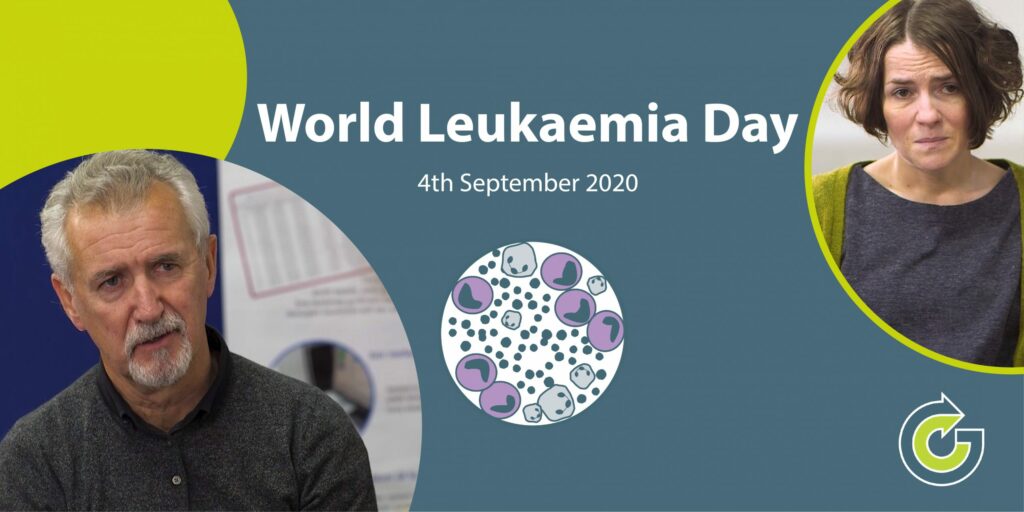4th September 2020
It’s World Leukaemia Day today.
Are you confident in spotting the early signs of Leukaemia?
Why not brush up on your knowledge and complete our free online Acute Leukaemia – Early Diagnosis and Chronic Leukaemia – Early Diagnosis courses created in collaboration with Leukaemia Care?
Acute leukaemia can progress rapidly, usually requiring immediate treatment. The two most common types of acute leukaemia are acute myeloid leukaemia (AML), most often diagnosed in older people, and acute lymphoblastic leukaemia (ALL) most often diagnosed in younger people.
Both chronic lymphocytic leukaemia (CLL) and chronic myeloid leukaemia (CML) are often picked up incidentally in primary care. This is because presentation of these diseases can be gradual, with most patients with CLL diagnosed after undergoing a routine blood test.
Our courses will support you to:
Find out more:
|



